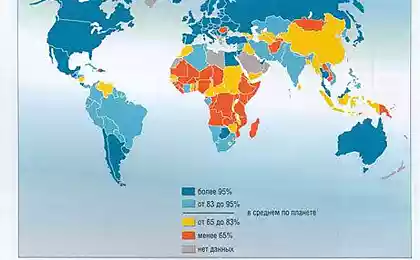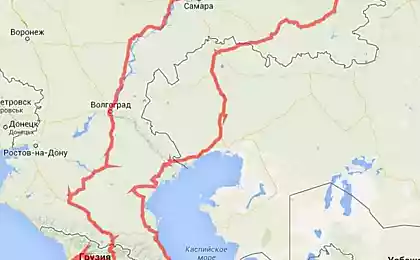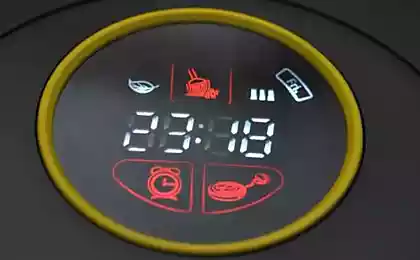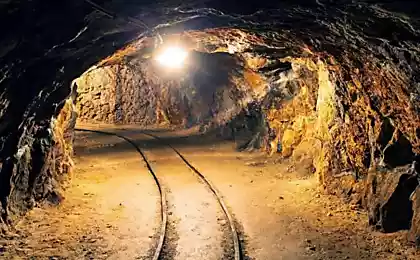527
Low-carbon economy will help to solve the problem of polluted air
The move towards a low-carbon economy will help to solve the problem of air pollution, which annually claims the lives of millions of people around the world. This in an exclusive interview to the correspondent of TASS said Sunday the Director of the Department of the world health organization (who) on public health, environmental and social determinants of health Maria Neira.
She takes part in held in the Marrakech world conference on climate change (COP-22). At a major international forum gathered more than 20 thousand delegates from 196 countries, including Russia. Air pollution — the invisible killer According to Neira, "the devastating effects of air pollution have a negative impact on the climate and on human health". "They are everywhere — in the choking smog from the big cities and in rural houses, smoke filled kitchens, where there are old boards, she said. And so I have some bad news: unfortunately, the quality of the air we breathe is only getting worse."
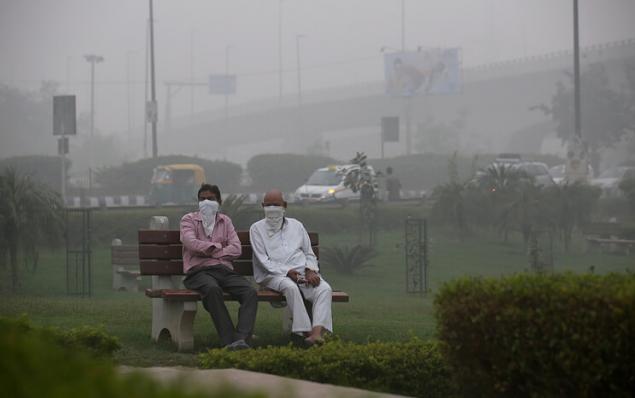
As a result, "each year, about 6.5 million people in the world die from lung cancer, various respiratory and heart diseases related to deteriorating air quality". Given the significant scale of the problem, who in the polluted air of large and small settlements called "invisible killer". "Air pollution provokes climate change, which in turn jeopardize essential for healthy living factors — safe water, safe shelter and food security", — said in a who statement released at the conference in Marrakech. Large city — the high-risk areas According to Neira, "currently in the world nine out of ten people live in places where indicators of air pollution extend beyond the safe parameters approved by who." First of all, high-risk areas are big cities. "List of settlements where polluted air has become dangerous and creates a huge problem, is very large, — said the Agency interlocutor. Is both Beijing and new Delhi, and Mexico city, and Lima, and many other big cities." "Residents of large cities need to understand that the problem of air pollution affects everyone, she said. It is important that both the authorities and the townspeople saw a direct link between the climate state, the problem of air pollution and health quality. All these phenomena are closely connected."
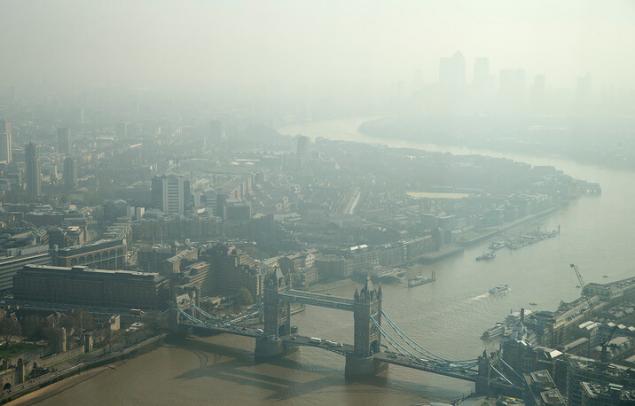
"People need to understand clearly that the problem of climate change and the resulting violations applies not only to, say, polar bears, continued Neira. — This is a problem that directly affects human organs, particularly his lungs. And the price you have to pay for the inaction are all the same lungs or cardiovascular system." The who advocates a low-carbon economy to begin to solve the problem of polluted air "who advises us to move towards a low-carbon economy," said Neira. According to her, "currently, about 3 billion people worldwide use of harmful fuels for cooking and warming their homes, and it does not have the ability to switch to other types of energy." "It is extremely important to ensure that these individuals are able to access clean sources of energy," — says the Director of the Department. In a communiqué, provided by TASS, contains a number of recommendations of who. For example, the international organization advises to "gradually move away from the use of household kerosene and coal, to switch to cleaner fuels, e.g. ethanol and biogas". In addition, who believe that "solar panels installed on rooftops can serve as an alternative to polluting kerosene lamps and diesel generators". "Simultaneously, it is essential to use the resources of renewable energy, produced with the help of modern technology. To some it may seem that such technologies are very expensive, however, we must take into account that the treatment of chronic pulmonary heart disease in hospitals are expensive," said Neira. "In any case we must not tarry. Efforts to reduce air pollution will help to save lives and reduce the rate of adverse climatic changes," she said. published
Source: www.energy-fresh.ru/news/?id=13872
She takes part in held in the Marrakech world conference on climate change (COP-22). At a major international forum gathered more than 20 thousand delegates from 196 countries, including Russia. Air pollution — the invisible killer According to Neira, "the devastating effects of air pollution have a negative impact on the climate and on human health". "They are everywhere — in the choking smog from the big cities and in rural houses, smoke filled kitchens, where there are old boards, she said. And so I have some bad news: unfortunately, the quality of the air we breathe is only getting worse."

As a result, "each year, about 6.5 million people in the world die from lung cancer, various respiratory and heart diseases related to deteriorating air quality". Given the significant scale of the problem, who in the polluted air of large and small settlements called "invisible killer". "Air pollution provokes climate change, which in turn jeopardize essential for healthy living factors — safe water, safe shelter and food security", — said in a who statement released at the conference in Marrakech. Large city — the high-risk areas According to Neira, "currently in the world nine out of ten people live in places where indicators of air pollution extend beyond the safe parameters approved by who." First of all, high-risk areas are big cities. "List of settlements where polluted air has become dangerous and creates a huge problem, is very large, — said the Agency interlocutor. Is both Beijing and new Delhi, and Mexico city, and Lima, and many other big cities." "Residents of large cities need to understand that the problem of air pollution affects everyone, she said. It is important that both the authorities and the townspeople saw a direct link between the climate state, the problem of air pollution and health quality. All these phenomena are closely connected."

"People need to understand clearly that the problem of climate change and the resulting violations applies not only to, say, polar bears, continued Neira. — This is a problem that directly affects human organs, particularly his lungs. And the price you have to pay for the inaction are all the same lungs or cardiovascular system." The who advocates a low-carbon economy to begin to solve the problem of polluted air "who advises us to move towards a low-carbon economy," said Neira. According to her, "currently, about 3 billion people worldwide use of harmful fuels for cooking and warming their homes, and it does not have the ability to switch to other types of energy." "It is extremely important to ensure that these individuals are able to access clean sources of energy," — says the Director of the Department. In a communiqué, provided by TASS, contains a number of recommendations of who. For example, the international organization advises to "gradually move away from the use of household kerosene and coal, to switch to cleaner fuels, e.g. ethanol and biogas". In addition, who believe that "solar panels installed on rooftops can serve as an alternative to polluting kerosene lamps and diesel generators". "Simultaneously, it is essential to use the resources of renewable energy, produced with the help of modern technology. To some it may seem that such technologies are very expensive, however, we must take into account that the treatment of chronic pulmonary heart disease in hospitals are expensive," said Neira. "In any case we must not tarry. Efforts to reduce air pollution will help to save lives and reduce the rate of adverse climatic changes," she said. published
Source: www.energy-fresh.ru/news/?id=13872
Do not leave without attention! The causes of morning headaches
Toyota is considering sozdaniemnovogo fuel cell














